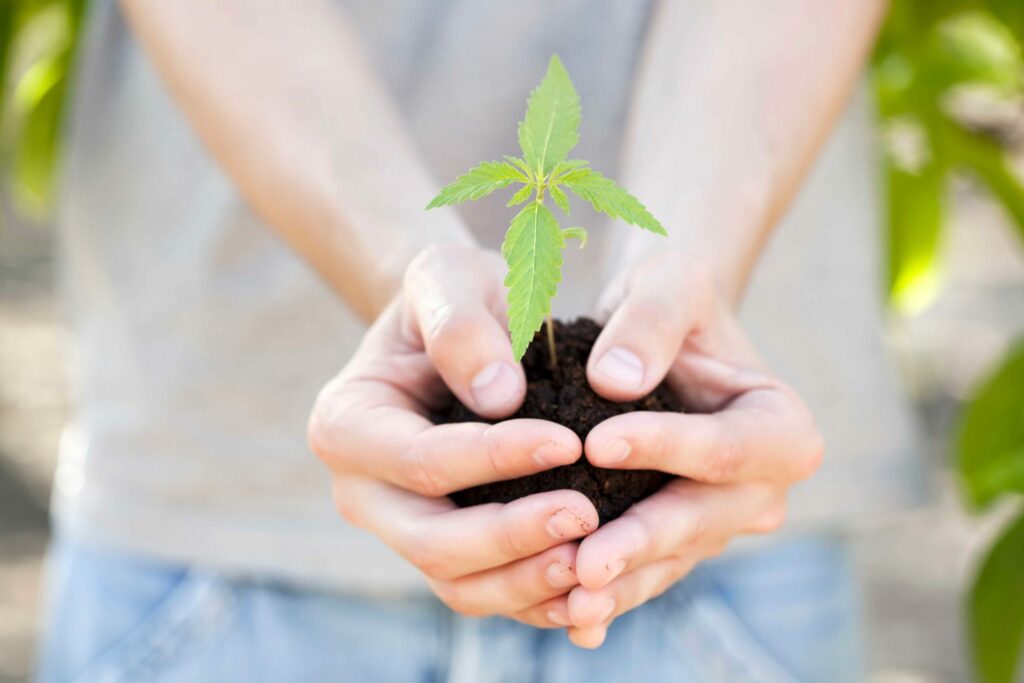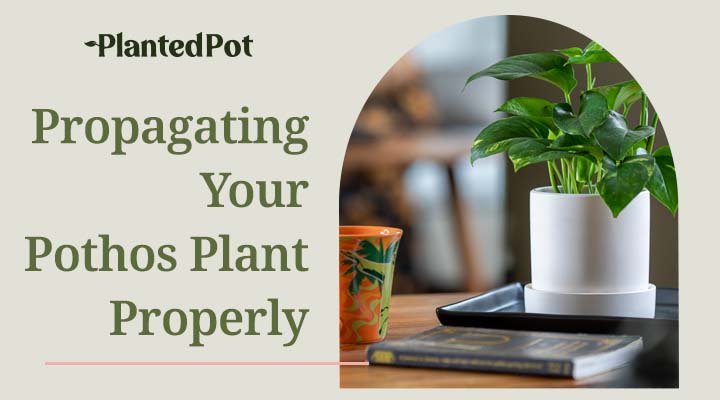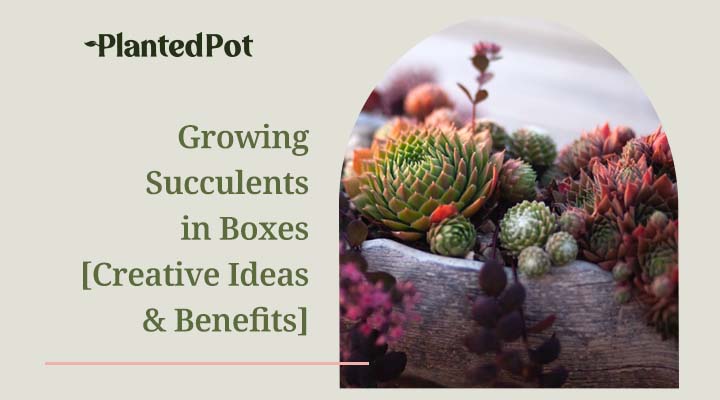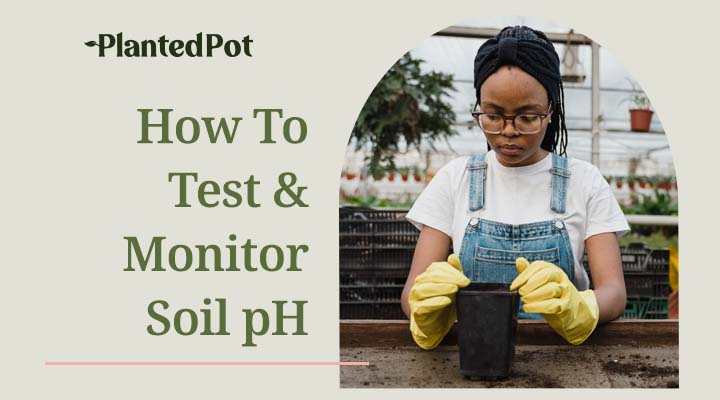
House Plants Poisonous to Dogs [Learn Which Are Safest]
Home / House Plants Poisonous to Dogs [Learn Which Are Safest]
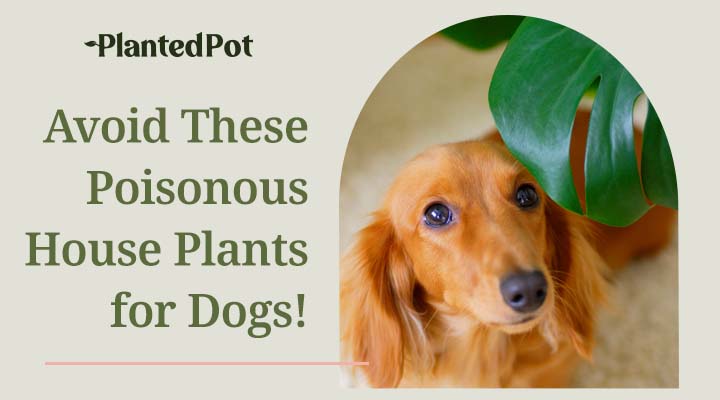
House Plants Poisonous to Dogs [Learn Which Are Safest]
We know you love your leafy green children, but your dog may not! Being unaware of what house plants are poisonous to dogs could cause issues down the road. Realizing that the two things you love don’t necessarily get along can be a bummer, but the good news is that not ALL plants are poisonous to your pup!
It is important to know before you grow! The curious nature of our furry friends sometimes leads them into big trouble. This is why it is best to avoid some of these plants in your home.
Are All House Plants Poisonous to Dogs?
Not all house plants are poisonous to dogs (and cats, for that matter)! This is good news for both you and your pup. Cats and dogs can have adverse reactions to different plants. What may be poisonous to your feline friend may not necessarily be poisonous to your dog.
Roughly half of the most popular house plants are toxic to dogs if ingested. However, some reactions can be caused by skin contact with parts of the plant. For this reason, keeping your dog away from digging in the garden is in your best interest.
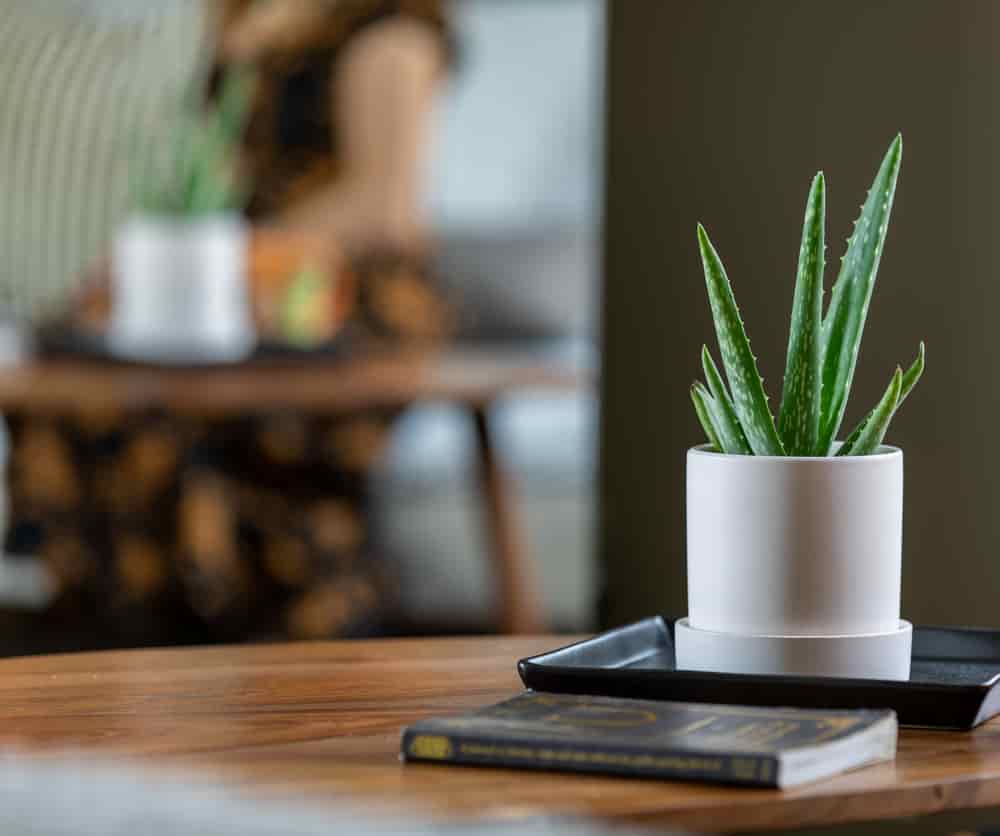
What Happens If a Dog Eats a Plant Poisonous to Dogs?
Dogs may exhibit different symptoms depending on the plant that was ingested. Some of the symptoms can happen in conjunction with others. Make sure to monitor your furry friend if you suspect that they may have eaten a plant that was poisonous to them.
Contact your dog’s veterinarian if they begin to exhibit any of these symptoms:
- Nervousness
- Muscle tremors
- Excessive sweating
- Seizures
- Weakness
- Breathing complications
- Increased heart rate
- Upset stomach
- Vomiting
- Diarrhea
It is important to note that the average amount of time it takes for poisoning symptoms to show up is 3 to 4 days. Do not be fooled into thinking that your dog is out of the clear because it does not exhibit immediate symptoms. Due to the period it takes for poisoning to become apparent, it is highly recommended that you monitor your pet closely for any symptoms.
Which House Plants Are Poisonous to Dogs?
Believe it or not, many of the most common house plants are poisonous to dogs. While these plants may garnish our homes with beautiful hues of green, that new puppy you just adopted might think they look like a yummy snack! To keep both your plant children and furry children safe, here are a few plants your dog should keep its grubby paws off of:
Aloe Vera
Aloe Vera’s level of toxicity is mild to moderate for cats and dogs. The latex part of the Aloe Vera plant causes cramping, along with diarrhea and nausea. Aloe Vera plants have thick green leaves that contain gel and latex. The latex is a thick yellow liquid found between the gel and the inner rind of the leaf.
Cannabis
Although compounds derived from the hemp plant, such as CBD, are not poisonous to dogs, parts of the cannabis plant are. This poisoning can occur from eating the plant itself or from eating edibles. This can result in incoordination, tremors, drooling, seizures, and respiratory problems. Remember to always give your dog CBD that has been manufactured/formulated by a reputable company to ensure your pooch is safe!
Sago Palms
These palms are commonly found in tropical and ornamental gardens. All plant parts are highly toxic to dogs, but the seeds are the most toxic because they are easier to eat. Consumption is often fatal. Signs of Sago palm poisoning are vomiting, diarrhea, and multiple organ failure.
Lantana
This plant is considered a weed in Australia. It is a colorful, extremely toxic plant for dogs. All parts of Lantana, including leaves, flowers, and especially the unripe berries, are toxic. These berries contain a toxin called pentacyclic triterpenoids.
In small volumes, this substance can upset the stomach. In larger volumes, it will damage the liver. A few other symptoms to look out for are: excessive drooling, vomiting, diarrhea, loss of appetite, shock, abdominal swelling, and paralysis.
Zamioculcas Zamifolia (ZZ Plant)
This plant’s name was a bit too complicated, so it was given the helpful nickname “ZZ.” If you have furry friends in your home, though, you may want to keep it out of reach or consider a different house plant. This plant can survive anywhere, even in low light. All parts of the ZZ plant are toxic humans and pets.
Jade Plant
The Jade Plant, also called a rubber plant, is very toxic to dogs. While this plant may entice you with its low-maintenance nature, keep it as far from your pup as possible. When ingested, it causes gastric distress, heartbeat irregularities, and depression, among other symptoms.
Are Plants Only Toxic a Dog Ingests It?
Most plants toxic to dogs are only an issue when ingested. A few plants may cause allergic reactions to an overly sensitive pup if they happen to be around them. It is important to note that ingestion of these plants has to happen for your dog to suffer an adverse reaction.
Here are a few plants that may cause your dog allergies:
- Begonia
- Cyclamen
- Spiderwort
- Cut-leaf philodendron
When out in nature, you may want to keep your dog away from blooming bulbs, including daffodils and narcissus. Poison oak is another plant to keep your furry friend away from. We’d advise steering clear of it yourself as well!
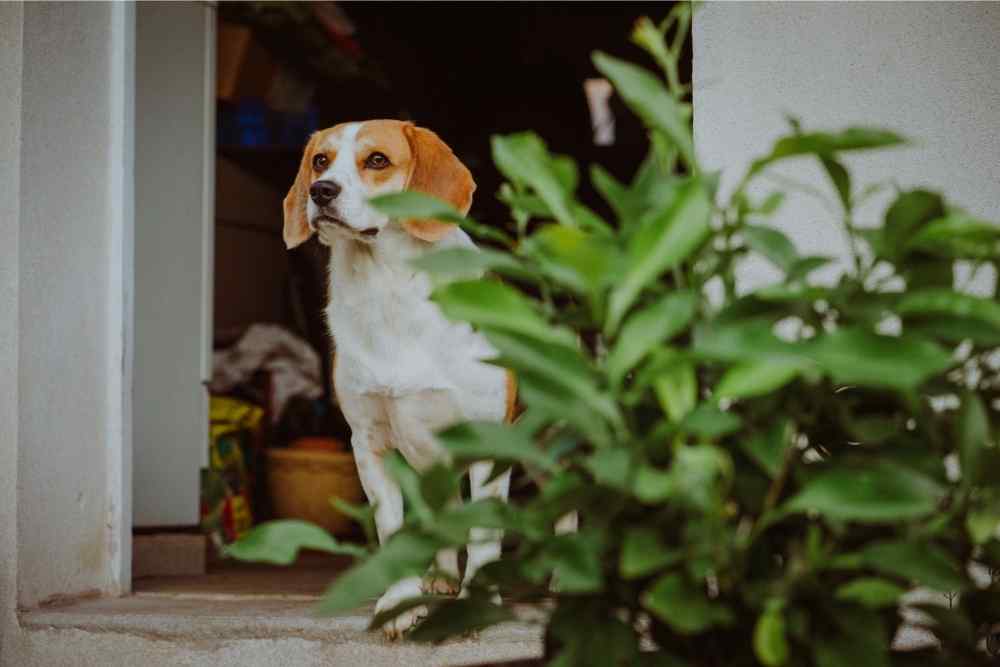
What Are the Most Popular Non-Toxic Plants?
If this sounds like you need to choose between your dog or your plant children, fear not! There are plenty of house plants that are safe for your dog to be around. Having plenty of plant alternatives makes it easy for you to keep your dog happy and healthy.
Planted Pot offers a variety of plants to adorn your home. This way, you don’t have to choose between plants or pets. Remember, dogs and plants should bring joy, not concern! Here are a few of our safest, most popular plants.
Calathea Medallion
This beautiful, low-light plant will brighten up your space with its stunning leaves! It originated in the tropical Americas and is relatively widespread among plant enthusiasts. This plant is known as the “prayer plant” because it opens its leaves during the day and closes them at night.
Pilea Peperomioides
Are you feeling lucky? We all know money doesn’t grow on trees — or does it? The Pilea Peperomioides, also known as the Chinese money plant, brings money and luck to its owner. This beautiful plant requires plenty of indirect sunlight. Keep it out of direct sunlight because the leaves may sunburn. This plant can handle being watered weekly, but make sure the soil dries out between waterings.
Bird’s Nest Fern
Looking for the perfect centerpiece? Well, look no further! The Bird’s Nest Fern is a stunner no matter where you decide to place it. This plant has beautiful large, wavy, spoon-shaped leaves. It grows from a central rosette sprouting outwards, resembling a bird’s nest. The bird’s nest fern requires watering about once every 1 to 2 weeks.
Spider Plant
Spider Plants are very safe for dogs! It is considered a hardy plant is known for its resistance. This means no amount of nibbling from your furry friend will do it much harm. Spider Plants are the perfect pet-proof addition to your home decor. These house plants need to be placed somewhere with bright to moderate light. Watering once a week is sufficient in spring and summer. During the winter, allow the soil to dry a bit more between waterings.
Finding a happy medium between deciding whether to garnish your home with beautiful plants or keeping your dog safe doesn’t have to be stressful. With Planted Pot, you don’t have to choose! We’ve got you covered.
Final Thoughts – House Plants Poisonous to Dogs
Plants make a great addition to any space. They liven up any shelf, table, or even bathroom! It’s like the gift that keeps on giving. While many plants can be poisonous to your four-legged friend, there’s no need to sacrifice home decor to keep your pup safe! Luckily enough, there is a wide range of house plants that are safe for pets.
While there are house plants that are safe for your dog, it is always important to monitor for any adverse reactions if this plant is ever ingested. Ready, set, GROW!
